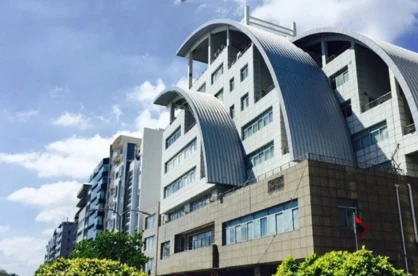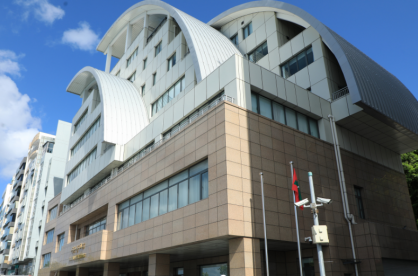Introduced on October 2, 2011, the Goods and Services Tax Act (Law Number 10/2011), widely known as GST or the Goods and Services Act, has been in effect.
In addition to the import duties from imported goods, the tourism goods and services tax (TGST) was also introduced under the same Act. In accordance with the Act, GST was initially levied at a rate of 3.5 percent from October 2, 2011, to December 31, 2011, and a rate of 6 percent from January 1, 2012. The TGST rate for the tourism sector was set at 8 percent from 1 January 2013 to 31 October 2014, and it has since raised to 12 percent as of 1 November 2014.
While the locals might not be very familiar with the 12 percent TGST rates, people are all accustomed to the 6 percent that is paid with the purchase of goods and services. Most are familiar with the 6 percent as it appears in almost all receipts and invoices, and have long since moved past the phase where we fuss about it. However, the Ministry of Finance has announced a rise in the GST and TGST rates to counteract any adverse consequences the Maldivian economy may have as a result of the ongoing global economic crisis, thus the days of complaints may be returning.
After discussions were on going for the past few days regarding the increase in the GST and TGST rates with no official confirmation, the government at last has officially announced a 2 percent increase in the GST and a 4 percent increase in the TSGT resulting in GST rates to be at 8 percent and TSGT rates at 16 percent.
In addition to the announcement regarding the tax increase, the Minister of Finance noted some additional steps being taken to reduce costs while speaking at a conference held at the President's Office on the 5th July. These steps include introducing subsidy reforms, making efforts to further strengthen state-owned companies and lessen their dependence on government funding, and the suspension of projects other than those that have been given priority.
The timing of this announcement coincides with rising costs for many people as a result of the global economic crisis, with the additional 2 percent GST rise to potentially have an additional financial strain for many households. The fact that the subject is being debated at a time when government employees' benefits, such overtime pay, have been suspended has caused further public outrage.
While the increase in the GST rate will raise the cost of living in the Maldives, the TGST will also impact tourism, either through increase in Maldives holiday packages, or service providers absorbing the additional costs - at least during the initial days.
Many believe that the new rates should be implemented gradually over time, as a sudden increase in the TGST percentage may have a severe impact on the tourism industry. The Maldives Association of Travel Agents and Tour Operators (MATATO), in a statement regarding this matter, stated that they do not believe that this is the best time to implement this increase in TGST, especially not without considering all of the repercussions of this implementation, including its impact on the nation's primary revenue-generating sector, tourism.
Although the government has maintained that these actions won't take effect for another six months, doubts about their unfavorable effects have already begun to mount, adding to the myriad worries that individuals are already experiencing due to this global crisis.







